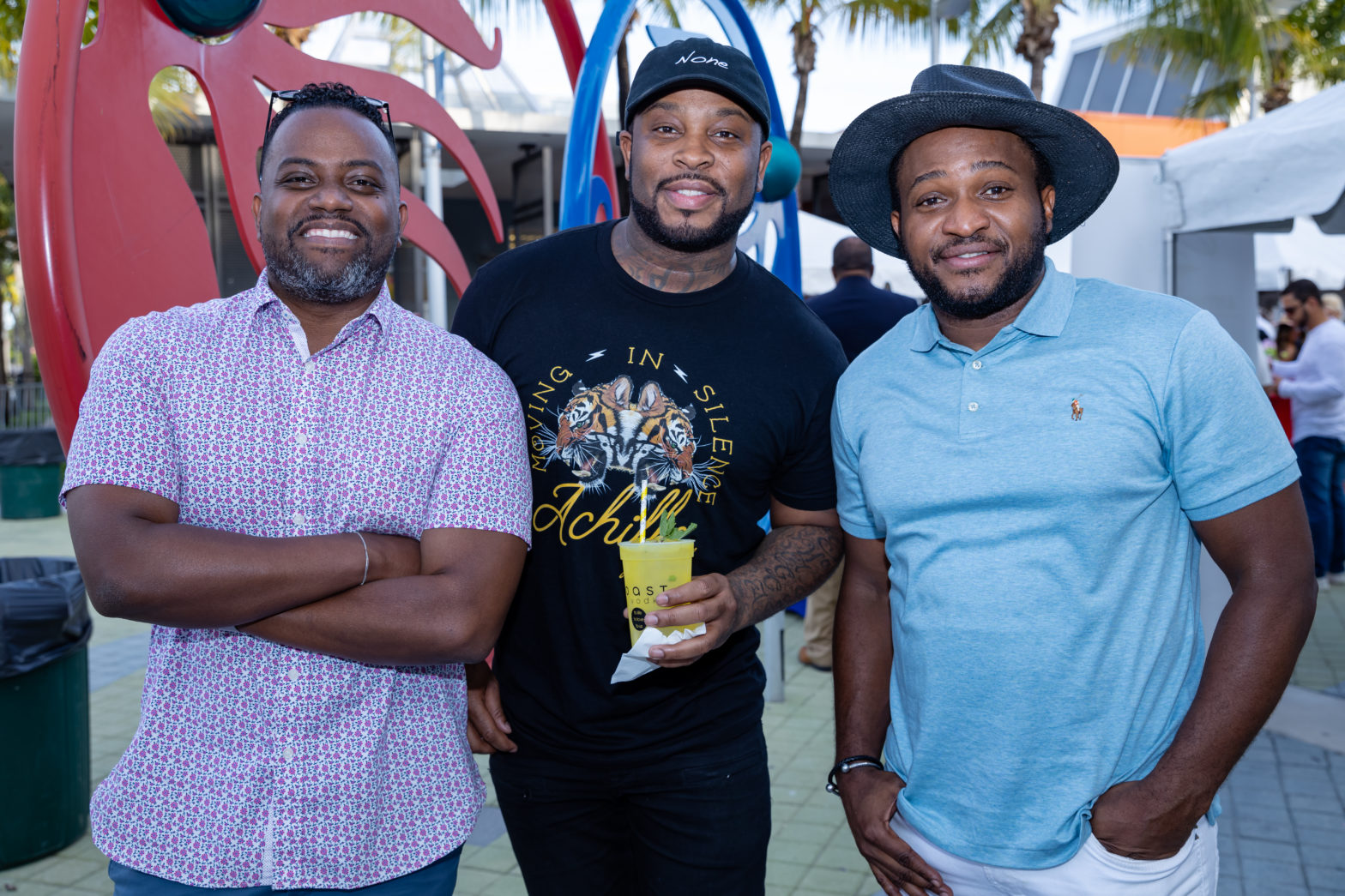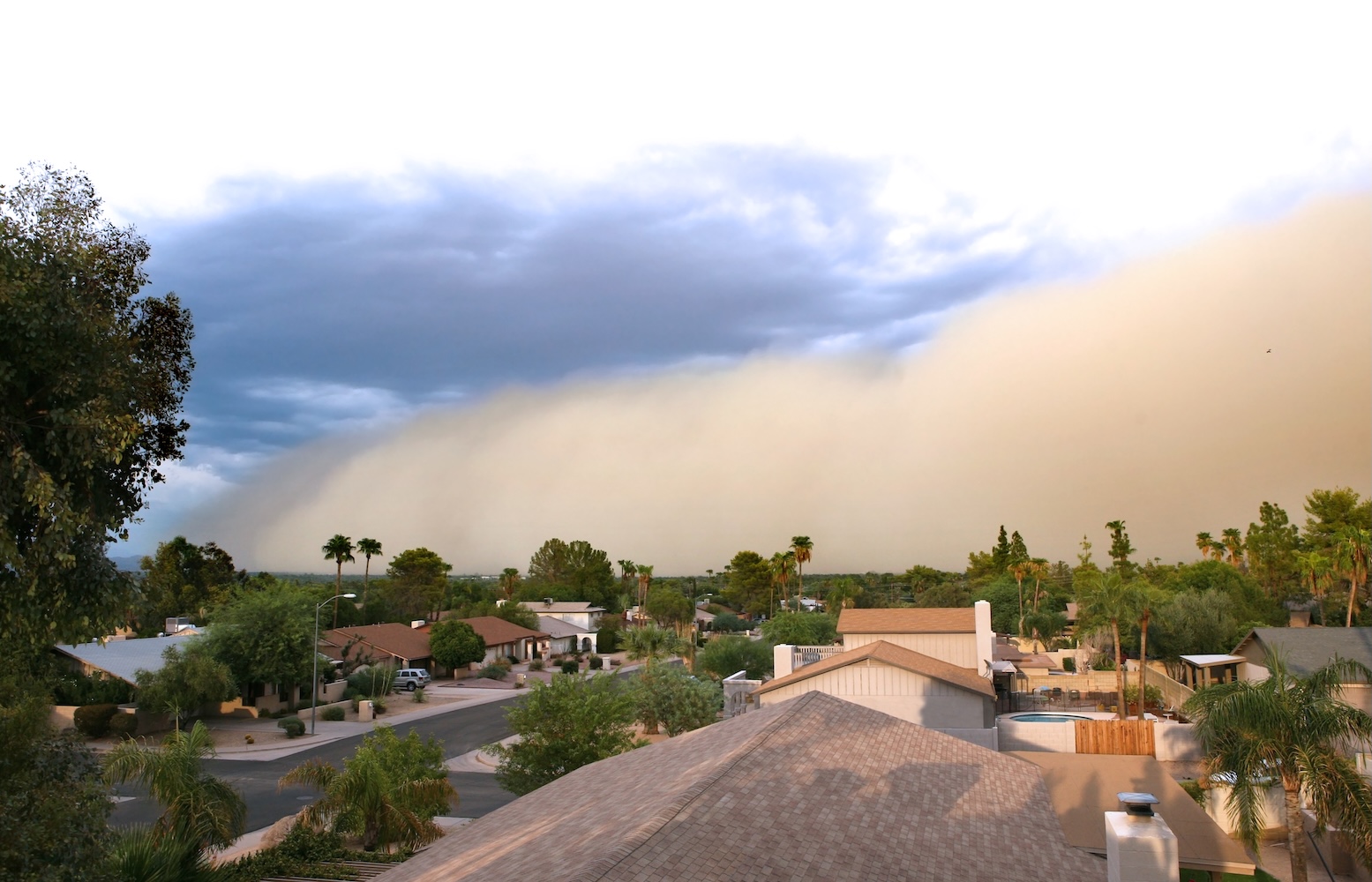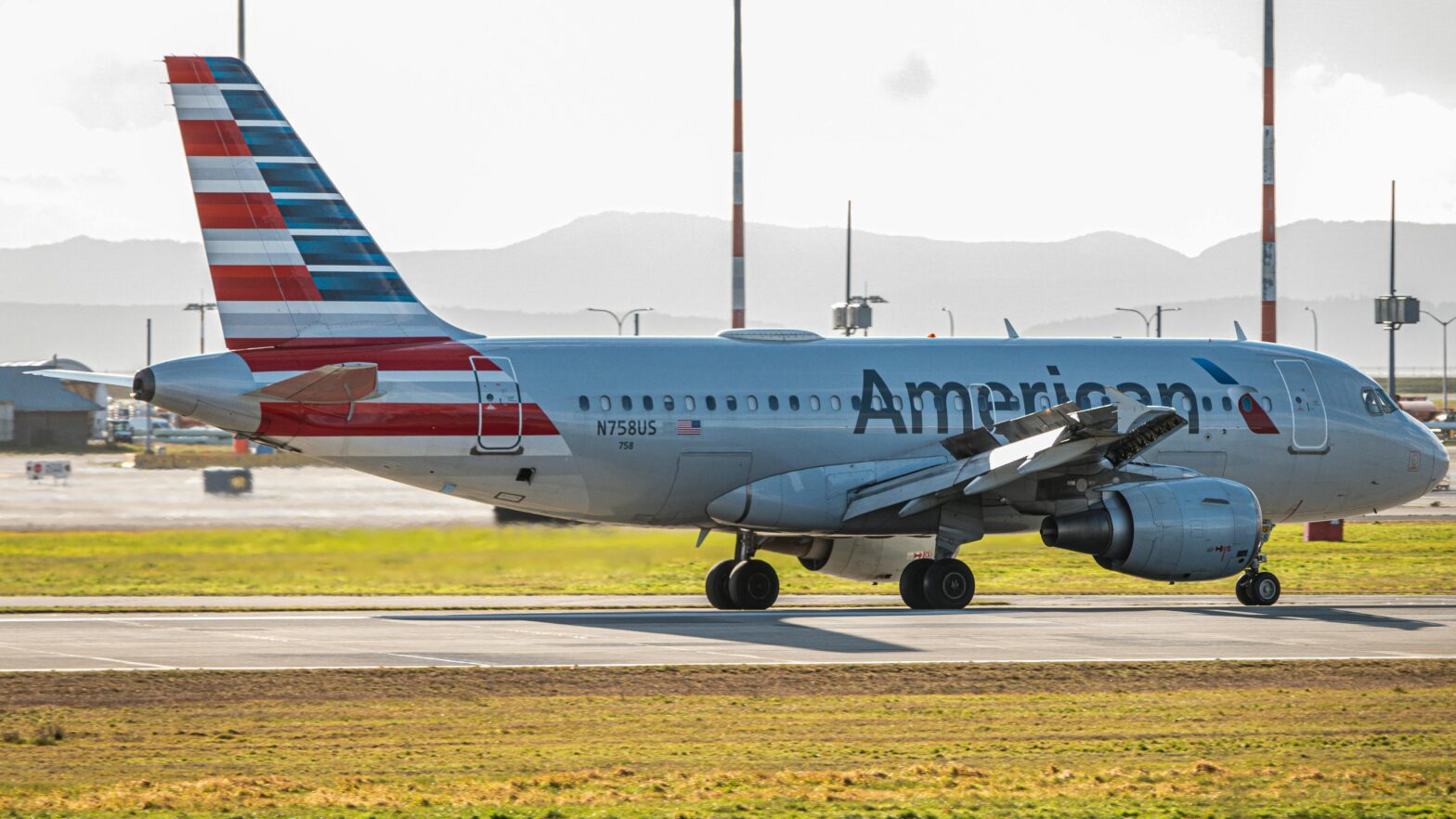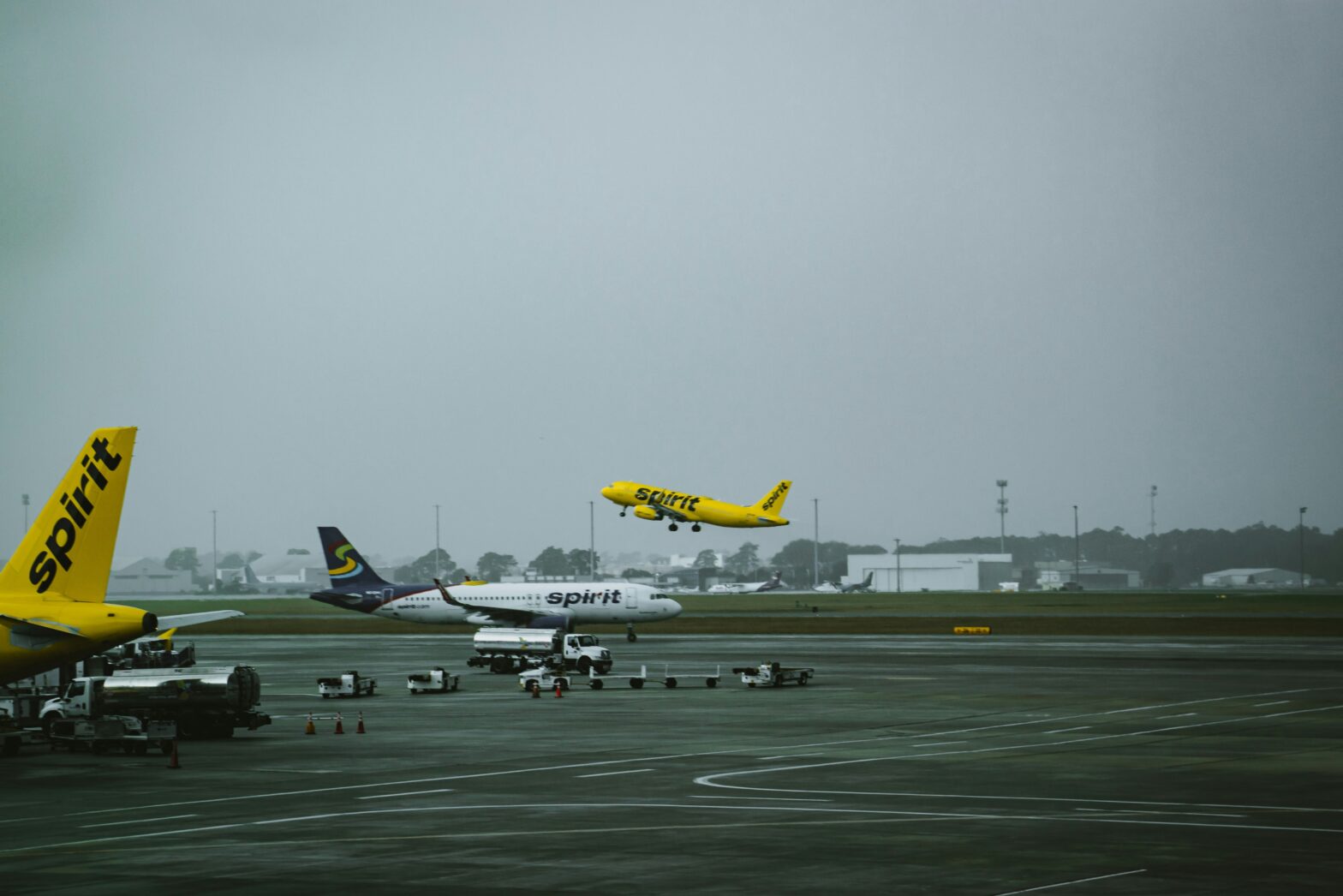Creole Food Festival founders Fabrice J. Armand and Elkhair Balla first became acquainted a few years ago when they crossed paths working in the New York City nightlife scene. With mutual admiration for each other’s projects, they met up for brunch in Harlem to discuss business opportunities in the events space. The conversation quickly turned to another passion — food, particularly Creole food.
“Is it Caribbean food? Is it African food? Is it American food? Is it Black food? What is it?,” Balla recalled of their musings. “What we realized, similar to music, is that food from the diaspora has always been a way to connect people and a way for us to export our culture.”
Creole cuisine is a style of cooking that blends French, Spanish, West and North African, Amerindian, Haitian and Portuguese influences. Armand was born and raised in Haiti, emigrating to the United States for high school. Balla is Sudanese American. Both realized that creole food had been a common thread in both their upbringings and subsequent travels.
“For me, it’s traveling a lot and just seeing different cuisines and seeing how fish in Senegal is prepared, from a coastline perspective, and then going to Trinidad and seeing similarities,” Balla told Travel Noire. “So we bonded over the food and, I would say, a bit of our pan-Africanism. Then we both had our experience and backgrounds in the event space, and it clicked for us to build a platform.”
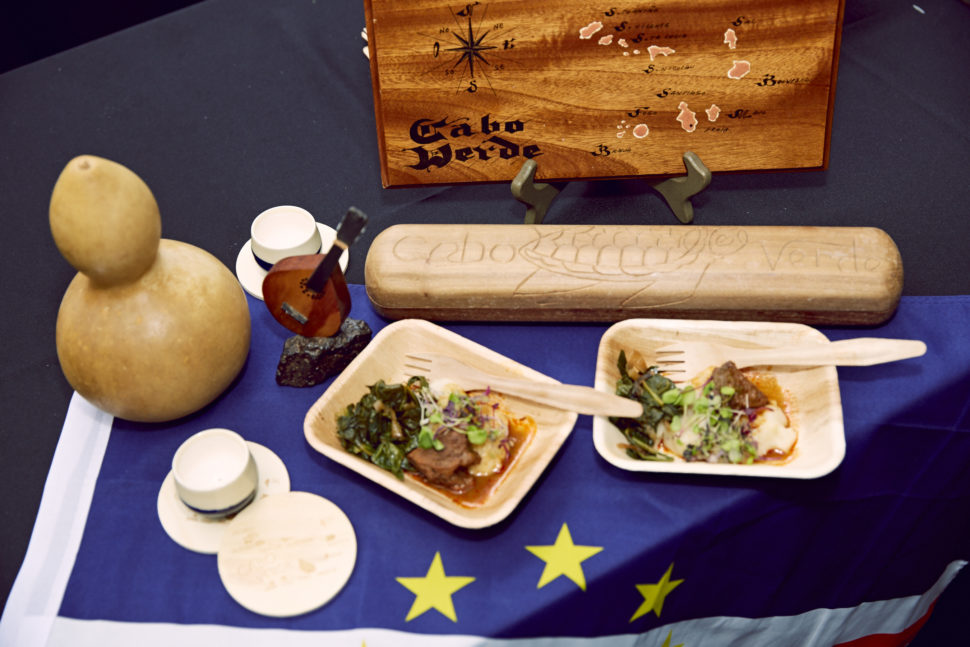
In 2018, they created the Creole Food Festival, an immersive experience featuring authentic dishes from the Caribbean, South America, Africa, Latin America, and the Southern United States. Plans for last year’s edition of the festival were scrapped due to the pandemic, but the 2021 installment starts off in New York City on Saturday, August 7, 2021, at Skinny’s Cantina on the Hudson, located at 701 West 133rd Street.
This year’s featured chefs include Food Network Chopped champion Thiago Silva, James Beard Semi-Finalist Todd Richards, Bravo Top Chef All-Star and judge Gregory Gourdet, and founder of Nafi’s Originals Private Chef Bintou N’Daw. The event is an opportunity for guests to explore creole traditions beyond the more obvious cities and countries.
“When people hear Creole, they usually think Haiti and New Orleans — that’s it,” explained Armand. “And they keep on forgetting islands like St. Lucia, Martinique, and Guadeloupe. That’s one of the reasons why we created this because when we were doing our research, we realized that Creole is just food from the diaspora. So whether this was Senegal, Cameroon, Benin, or West Africa, which is where it originally came from and then went to the Caribbean. It’s also in Brazil and in Cape Verde. They call it criollo, crioulo, kriol, Kwéyòl. So that’s why if you notice in some of our stuff, we have different spellings of it, just so that people can identify.”
According to Balla, the festival also showcases the skills of brilliant Black and Brown chefs from the diaspora, often overlooked by the traditional mainstream media. He likened finding coverage of chefs of color or even female chefs to finding a needle in a haystack.
“One of the things that we did early on was to always make sure that we highlighted both, and gave them a platform. We were actually surprised, to be honest, with some bigger name chefs that agreed to join our first and second ones because we were not yet established. But even though they had restaurants and features, and they had won a lot of awards, they were saying, I never get a chance to cook beside my peers, and I never get a chance to cook for my community. These are people we technically couldn’t even afford. But seeing how interested and passionate they were about connecting back to the community and showcasing their culinary skills for us was like a breath of fresh air.”
Besides the mix of up-and-coming and established chefs, home cooks and caterers are also integrated into the program.
Added Armand, “We have individuals that didn’t go to culinary school, but their food is incredible. We did not want to leave that piece or that part out just because they didn’t have a degree, because there are traditions that are passed through generations of grandmas, great-grandmothers, and so forth. The food is rich and great, and we wanted to incorporate that as well.”
Other cities on the tour include New Orleans, Washington, D.C. and, Miami. But the duo is keen on taking the tour to other cities in the US and internationally. To do that they need funding, and they admit that securing sponsorships and grants has been challenging despite the popularity and social impact of the Creole Food Festival.
“We’re shocked,” admitted Armand, “because I’ll see other festivals that are done by non-people of color, and they are able to get sponsors and grants. And for us, it has been a labor of love, of constant outreach, and really a lot of cultivation to be able to even get to start a conversation and to be in the same room with brands. It’s something I hope we’re able to rectify after this year because having a big brand sponsor us would help us to be able to do more in terms of our food honorarium and the food budget and will help elevate the festival even more.”
“We need brands who talk a good game to actually step up to help us bring experiences to other places outside the U.S.,” Balla added. “That is absolutely 100% part of the fabric of the platform. It’s in our DNA to bring this food all over the world.”
For more information about the Creole Food Festival visit the website and for tickets head over to Eventbrite.
